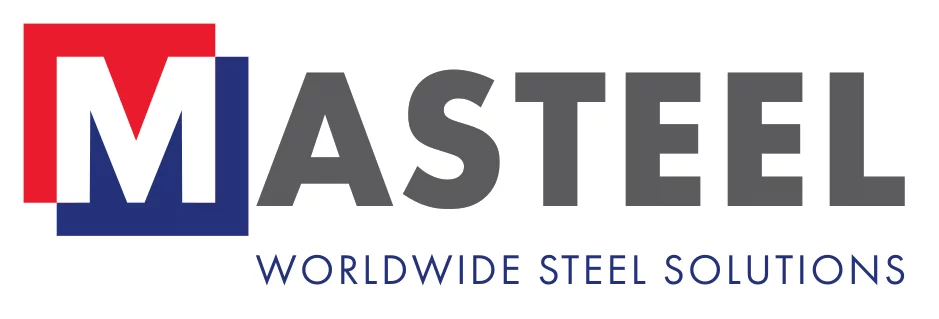Updated: Article originally published on 30/05/2018
Carbon steel is a broad categorization that includes steel alloys with a carbon content from below 0.015% to over 0.5%. The lower carbon content steels, or ultra-low-carbon steels, cannot be heat treated – while ultra-high-carbon steels cannot be toughened through tempering methods. This is because apparently minor variations in carbon content can have dramatic implications on the mechanical properties of a steel alloy, resulting in widely varying brittleness and malleability properties. However, they are unified by exceptional hardness values, which makes carbon steels suitable for application in structural, vehicular, and domestic applications.
This article will explore four of the most common carbon steel products:
Shipbuilding
Flat-rolled sheets of low-carbon steel, and high formability mild carbon steels are used to fabricate numerous lightweight, high-hardness structures. Deck facilities on ships of various sizes routinely use carbon steel to supplement the heavier, corrosion resistant hull plating that typically features a higher manganese content. Multiple steel types are used in the fabrication of ship superstructures, with low and mild carbon steels typically acting as a base material for tougher steel cladding. Those with a manganese content of up to 1.65% are often formed into steel plates and surface treated to resist multiple corrosive elements. These products are routinely used to construct the hulls and superstructures of container ships and passenger liners.
Masteel supplies several grades of shipbuilding carbon steels, including AH36, DH36, and EH36.
Structural Steels
Steels with medium to high carbon contents and raised levels of additional alloying elements exhibit outstanding degrees of formability and structural integrity, enabling them to be formed into numerous steel profiles and sections. These can be treated and tested to numerous specifications for exacting construction requirements, and are commonly found in various engineering applications worldwide.
Masteel provides structural carbon steels to various specifications, including S355, with a minimum yield strength of 355 N/mm²m.
Pipes & Pressure Vessels
The gas and petrochemical sector is one of the largest consumers of raw carbon steel products, producing millions of miles of carbon steel pipework and pressure vessels for non-critical applications. Low-carbon steel is an attractive prospect for such applications due to its good weldability for formation into complex, rounded shapes, and its capacity for case hardening.
Case hardening, or carburization, is a treatment process that encourages carbon migration to the outer surface of the steel product. This protects the tough and ductile inner core while forming a high-hardness crust on the outer surface of the vessel or pipe to protect against various weathering elements.
Masteel supplies a broad range of pressure vessel steel grades certified to ASME SA285, and various international standards.
Petrochemical Wells
HIC, or hydrogen induced cracking, resistant steel is an ultra-low carbon steel that is broadly applied for sour service in the oil and gas sector. Steel components that are in near-constant contact with hydrogen sulfide may come to exhibit hydrogen embrittlement and associated cracking over time. This is a costly, time-consuming, and potentially dangerous symptom of sour service, which can be avoided through the application of HIC resistant carbon steel.
Learn More: Explaining Hydrogen Induced Cracking
HIC resistant steel is subjected to a desulphurization and dephosphorization process to remove unwanted trace elements and provide an exceptionally pure homogenous steel with a carbon content of lower than 0.2%.
Masteel supplies multiple grades of HIC resistant steels, including: MASTERHIC 5; MASTERHIC 10; and MASTERHIC 15.
Carbon Steels from Masteel
Masteel are leading suppliers of carbon steel products for numerous applications, providing a broad range of steel grades to meet distinct industry requirements and provide solutions to application-specific problems. If you would like any more information about our products for the engineering industry, explore the table below. Or contact us directly.
| Standard type | Type | Grade | Class | Market | Link |
|---|---|---|---|---|---|
| Protection | 400 | Engineering | Learn More | ||
| Protection | 500 | Engineering | Learn More | ||
| SQ | S1100 | Engineering | Construction | Learn More |


